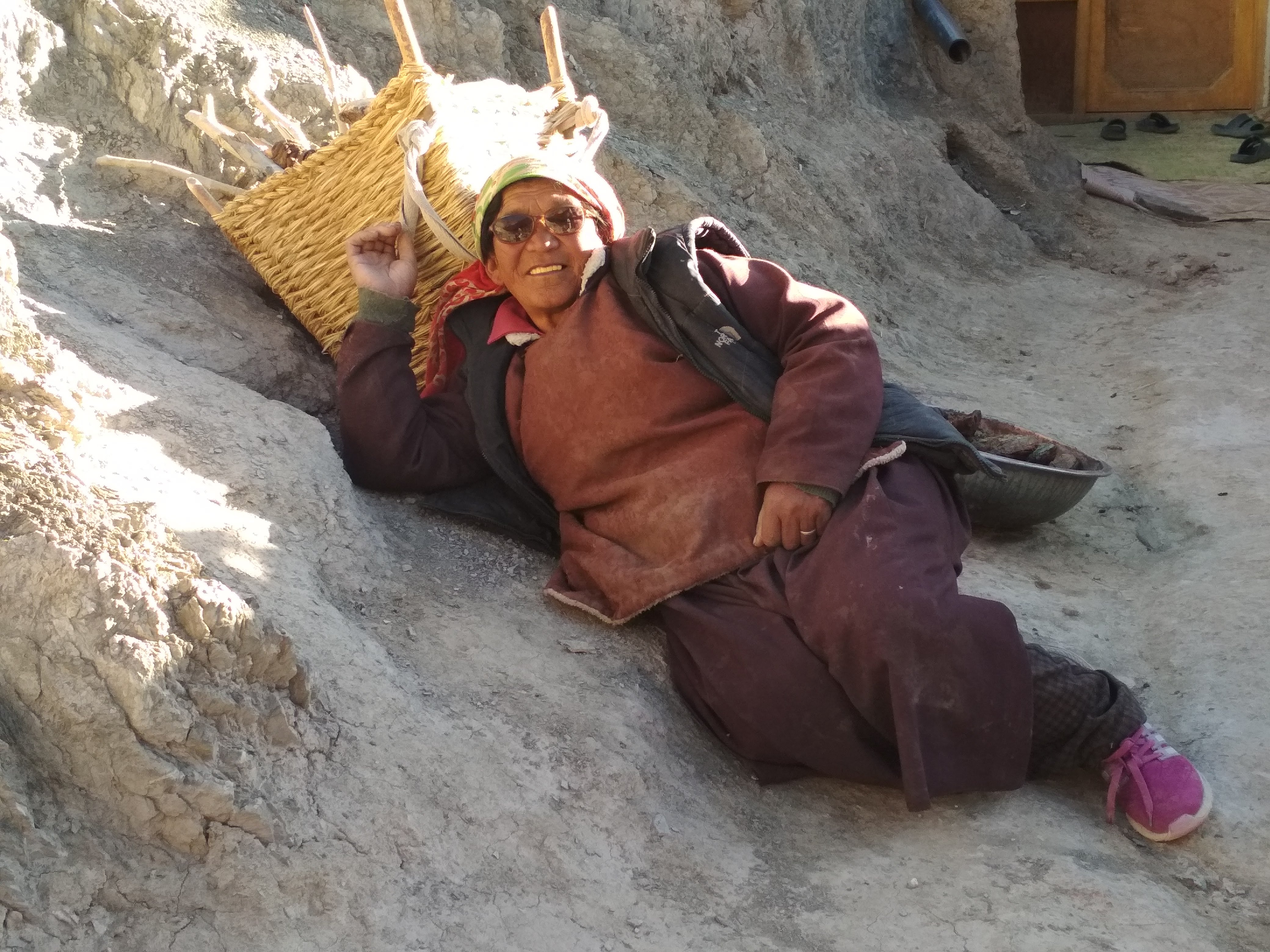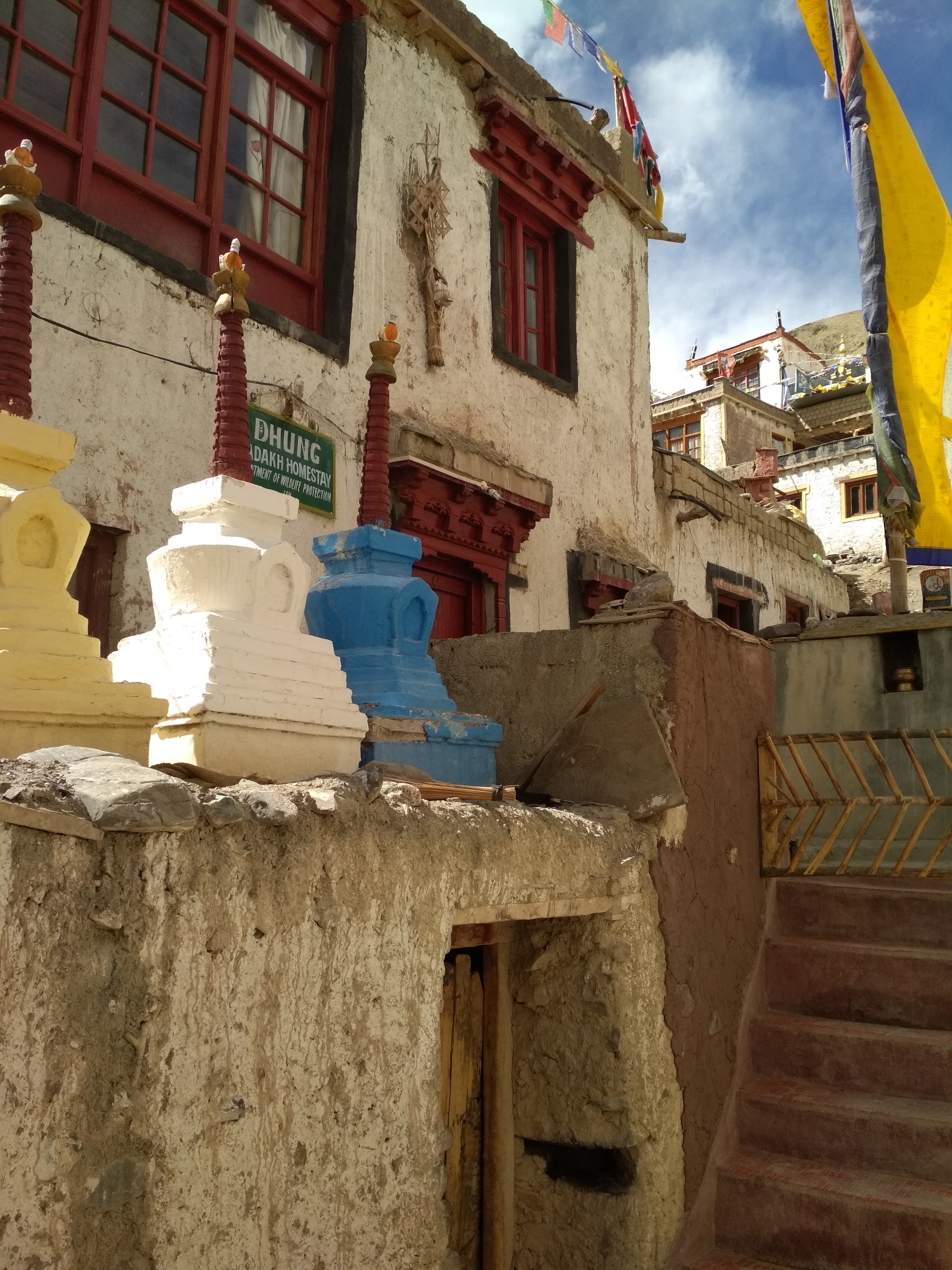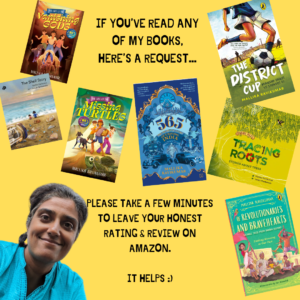The prospect of a holiday in Ladakh, the Rooftop of the World, is alluring.
Snow-capped mountains, pristine rivers, stark rugged valleys.
Hot momos, thupkas and yak cheese pizzas.
Yes…it can be a delightful and memorable experience. But there is much to consider before taking the plunge. Particularly when one is travelling with children.
The primary concern when one plans a trip to Ladakh is high altitude. I answer some of those concerns in my article in the Hindu – Children on the Rooftop : Ladakh for Little Ones. You will also find there a glimpse into my experience and make what you can of how high altitude affected our motley sample group of 6 adults and 5 children.

The following piece is about another question that occurs to those planning a trip to Ladakh – whether trekking in Hemis National Park, India’s largest and one of the world’s highest National Parks, is possible to do with children.
Home to the Snow Leopard, Hemis is the best dose of seclusion (if you needed one!)
Cut off from the rest of world (there is no phone network or even electricity at night), one can enjoy seeing and experiencing the world the way it naturally must have been, before humans changed things around.
Trekking can be arduous and most avid trekkers will be doing a long trek (min 7 days).
But if you wish to explore trekking here with children, there is one option available.

Its a 2 day trek to a little village called Rumbak from where you can show your little one the most perfect night sky.
If your little one is young enough to be carried on a shoulder sling, you can walk through this one.
But if you have an obstinate and difficult little one who just won’t walk – make sure you get yourself a pony.
I’d recommend highly that you find a pony. If you’re lucky, you may find one along the way…although arranging for one in advance is highly recommended.

Some specifics about our trek, in case it is of help to you…
- We were two families comprising 4 adults and 4 kids;
- Kids were aged 10, 7,7 and 5;
-

The weather in most of Ladakh is unpredictable. You will need warm woolies to manage the biting cold and snow but when the sun comes out, it can get quite warm. So dressing in lawyers is the best solution. - We took a car from Leh and were dropped off at Spituk, a little village by the Indus;
- From there begins the climb uphill;
- Fortunately, a little after the starting point, we happened to find ponies – and the kids were only too glad to hop on!;
- The trek involves about 5 hours of walking uphill;
- The return took us just over 2 hours the next day!
- We stayed in Rumbak Village at night in cozy homestays.

Rumbak has no electricity at night. And clearly there is no internet or phone signal here.
Wondering how you’ll manage? Trust me – It is blissful!
And more blissful than the absence of gadgets is the night sky! The most spectacular I have ever seen. It is a sight to behold. A sight you must show your children when you are there! (I will be putting up a post on Sky-gazing with Children. Follow my site to stay tuned)

But here are some recommendations and tips I would give you in case you plan to attempt this trek –
- You will be trekking to an altitude of about 16,000 feet. Oxygen levels are low. Moreover you are trekking and hence you are bound to feel breathless. I certainly did.
- Don’t be in a hurry to get up there. Slow down and take it easy. Look around the mountains, stop at the glaciers, Enjoy the journey!
- Carry plenty of food and water for the journey – there is nothing – absolutely nothing you will find along the way.
- There are no shops to buy provisions, medicines, water, food and so on. Not even a cup of chai! So carry everything you need.
- It is better to go as a larger group so kids have company. Plus with friends along, joys are multiplied and responsibilities are divided.
- Again, make sure you get yourself a pony (highly recommended for children under 10 years) so you have an easier ride;
- If you have a lot of luggage, the pony will be helpful to carry your bags up too;
- Rumbak has plenty of home-stay options. Only one house in the village has a satellite phone. We did not make any prior bookings. You should be able to find a room upon arrival.
- The homestays in Rumbak are simple and clean. The food is served fresh and piping hot by smiling hosts who are happy to chat with you.

The houses are simple structures like these. The village is dotted with Chortens or little stupas. - The houses do not have toilets indoors. You will have to step out to use the toilet. And they are like the pit-loos where you use little water and mostly sawdust;
- It is cold in the night. The hosts provide you with plenty of warm blankets. But ensure you have your woolies.
-

The inside of our warm carpeted homestay and Tashi, our friendly and welcoming host who also happened to be a great cook. - On a personal note, I had breathing trouble at night. The fall in oxygen levels is distinctly noticeable. If you or your child have any prior breathing issues, you should not be considering this trek.
 The whole of Rumbak village has only about 12-15 families. This was the only child in the whole village!
The whole of Rumbak village has only about 12-15 families. This was the only child in the whole village! - There is no phone signal inside the National Park. Make sure you have arranged for a car for your return from Spituk to Leh at a pre-arranged time. You will not find any taxis at Spituk to take you back.
And finally…a question that might occur to you..Did we see the Snow Leopard?
Well…No!
It is one of the most elusive creatures – that makes an appearance on the mountain slopes in the thick of winter. So there is no chance you can see it in the summer months although the locals did say they did spot it sometimes on the slopes.
So…if you have the spirit of adventure and wish to inculcate some in your child, brave it out with a trek at Hemis! You and your child will remember it for a long long time to come.
There’s much more to travelling in Ladakh! From Nubra Valley and Pangong Lake to the dizzying Chang La and Khardungla Passes. Sign on to the Travel Tale Times to stay tuned for more!

CHECK OUT MY OTHER POSTS ABOUT LADKAH
- Discover and touch the waters of the River that gives India her name.
- Apples and Apricots – Get a Taste of Ladakh and keep the kids occupied during long drives in Ladakh
- Buddhist Stupas and Chortens everywhere : Tell your children more about the Buddha.

kalpanabshaw
October 27, 2018 - 3:00 pm ·We had stayed at Hemis for two days in a village ( home stay) near the Hemis Monastery. It is a mesmerizing experience. Early morning walks were the best time to be with nature.